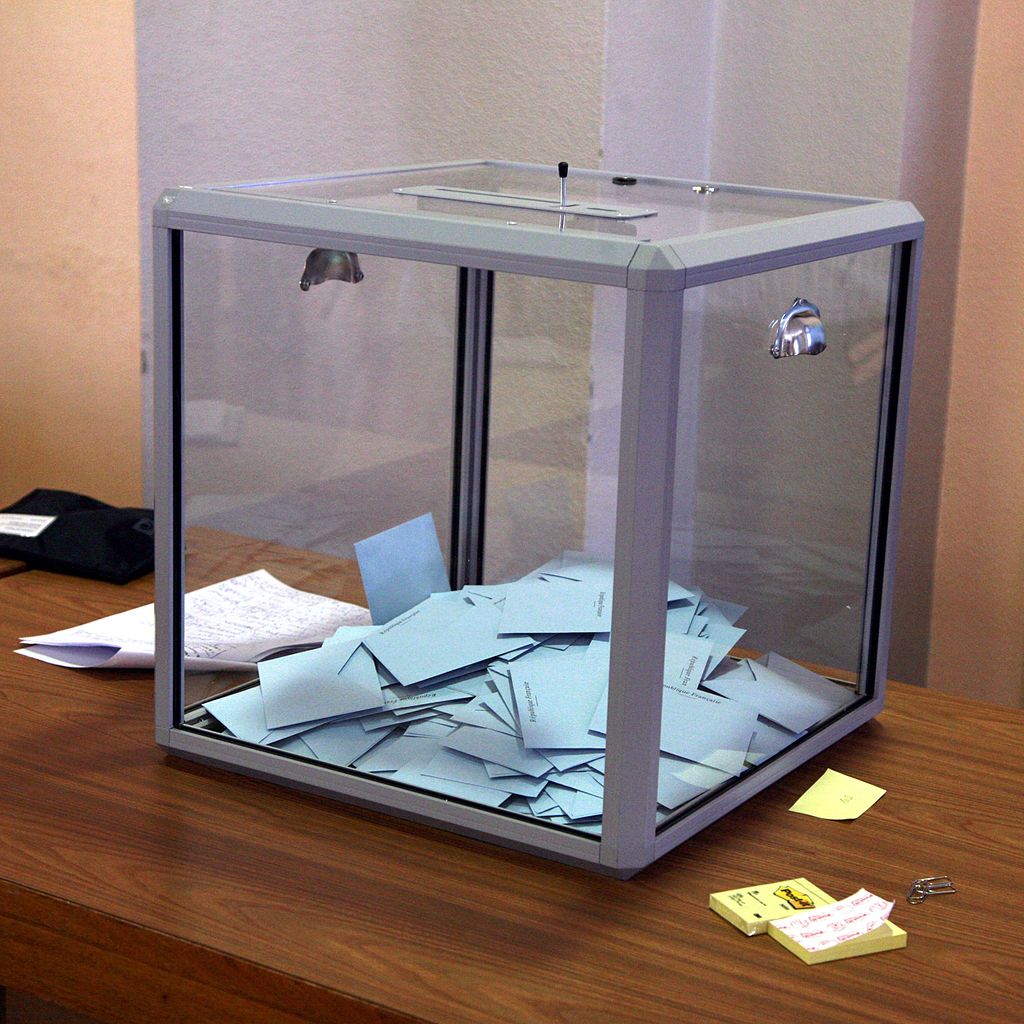
As an indirect consequence of the Russian-Ukrainian conflict, Denmark held a referendum on Wednesday, June 1st, to decide whether or not to participate in European defence. The Danes have been exempted from participation since 1992, with the adoption of the Maastricht Treaty: as a condition of its vote, Denmark had imposed this restriction, alongside keeping its own currency instead of adopting the euro.
For 30 years, Denmark has sat out all of the European defence ministers’ meetings and EU military missions. But in the midst of the Ukraine-Russia war, European countries are seeking closer defence ties. Two of Denmark’s neighbours, Finland and Sweden, have just voted in favour of joining NATO. The Danish Prime Minister, the Social Democrat Mette Frederiksen, has thrown all her weight behind the battle: “When times are historic, historic decisions are needed,” she said.
Traditionally, Denmark has a history of voting “no” in referendums on EU issues. However, due to the exceptional nature of the context, the “yes” vote was widely favoured this time—up to 30 points ahead, according to some polls. Almost all Danish political parties campaigned in favour of the “yes” vote, including parties previously hostile to integration into the European defence policy. Only the two national right-wing parties, the Dansk Folkeparti (Danish People’s Party) and Nye Borgerlige (New Right), and a radical left-wing movement, Enhedslisten (the Unity List), campaigned for the “no” vote. The National Right in particular considers that the protection of NATO—to which Denmark belongs—is sufficient. It denounced in advance Brussels’ interference in Danish defence.
In the end, the “yes” vote won by almost 67%. This was a first in the history of Denmark, which had not stopped negotiating specific clauses since joining the European Union in 1973. However, Denmark is not a Eurosceptic country. The latest opinion polls show that over 60% of Danes say they “trust Europe.”
Nevertheless, it has always been important to Denmark that EU membership does not cost them the loss of sovereignty, which is why they have been traditionally wary of any reform aimed at further integration. It remains to be seen whether this trend will continue in the months and years to come, or whether the referendum of June 1st, motivated by the fear of Russian expansionism, will have caused a major shift in Danish European policy.
Consequent to the referendum, Denmark’s defence budget will soon be increased to 2% of GDP.
